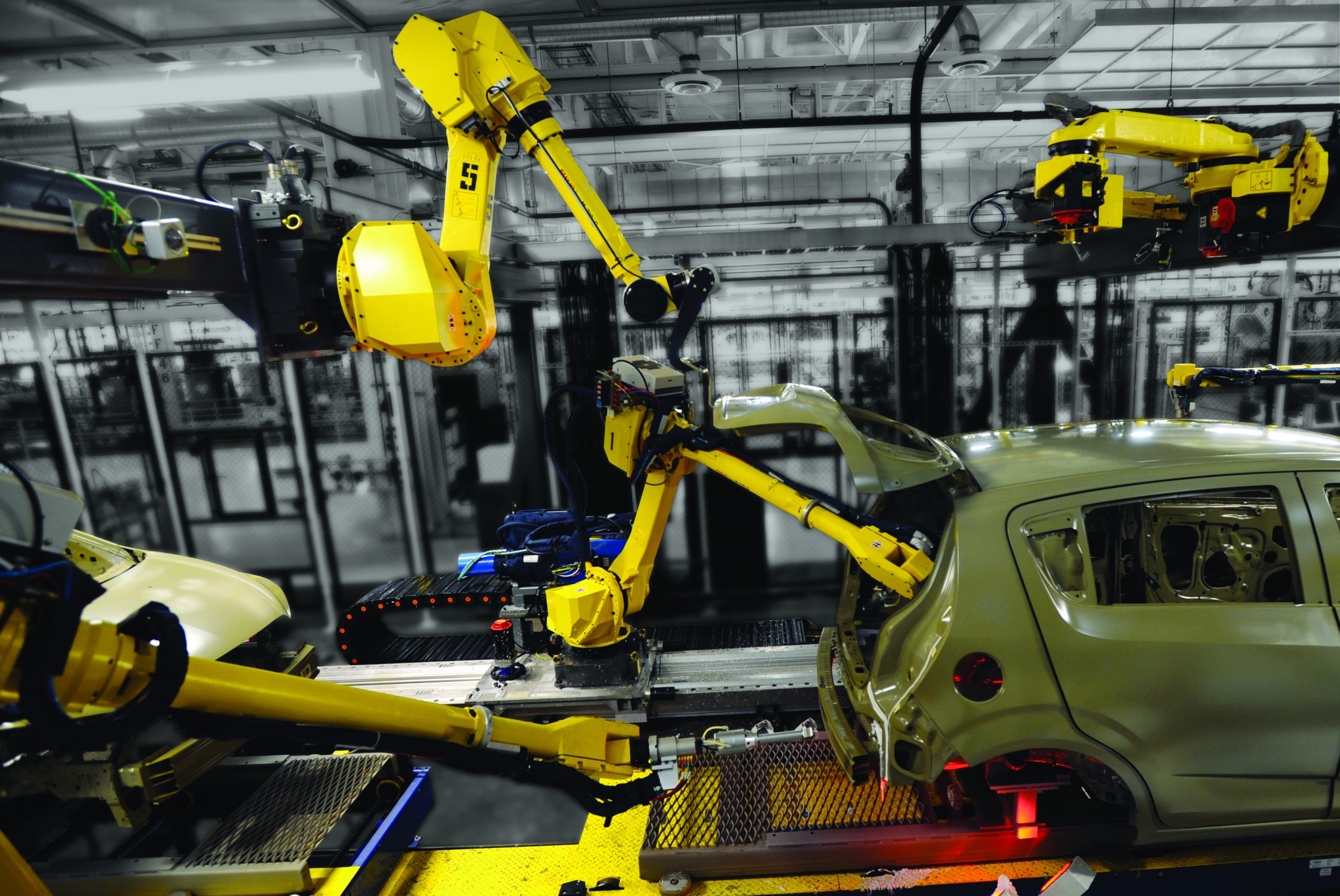Computer Numerical Control (CNC), a form of machine machining that has revolutionized manufacturing and engineering in recent decades. CNC machines combine traditional machining techniques with digital technology to create precision parts. This article focuses on CNC machining’s mechanics, advantages and its diverse applications and its impact on modern engineering.
The mechanics of CNC Machining
CNC machine is a subtractive manufacturing process that removes material from a block, or workpiece, to create the desired shape. This process is guided by computer software pre-programmed to determines the movement of the machine. The code that is generated for CNC machines varies based on which type of CNC machine it’s used and how complicated the component produced. The principle behind the CNC machine is the the same. A high-speed cutter is utilized to precisely sculpt away the material and create the final piece.

The precision of CNC machine is among its greatest benefits. Digitalization allows for extremely accurate and consistent production. This reduces the chance of human error, and ensures uniformity between batches. This level precision is vital in the fields that are susceptible to even the slightest deviations, like automotive manufacturing, aerospace, or medical devices.
The Role of Digitalised Computers in CNC Machine Operations
CNC precision and efficacy is a result of the integration of digital technology. CNC machines are operated by specialized software that automates the entire manufacturing process. The software converts computer-aided design (CAD), into a series precise instructions. The CNC machine will then follow these instructions to create the component. These instructions dictate everything from the speed and direction of the cutting tool to the depth and angle of every cut.
In large-scale industrial plants computers are typically connected directly to CNC machines. This enables seamless communication and control. This integration allows constant monitoring and adjustments in real time to guarantee maximum performance and minimize the amount of downtime. CNC machining is automated, which allows for continuous production. This allows for an improvement in productivity.
CNC Machining: The Benefits
CNC machining offers many advantages over conventional manufacturing methods. One of the most significant advantages is the capability to create complex and intricate components with high-precision. CNC precision in machining reduces the amount of adjustments and rework that are manually performed. CNC machines are continuously operating and are ideal for large-scale production.
CNC machining has another advantage: the flexibility. It is possible to use the same CNC machine to make various parts simply by changing its program. This adaptability makes CNC machine-making suitable for prototyping and mass production, allowing manufacturers to react quickly to changing market demands.
The process of automation of CNC machining is also a safety improvement in the workplace. To reduce the risks of injuries and accidents, manual intervention is reduced. CNC-machined parts are also more durable and more efficient, which increases customer satisfaction.
CNC Machining Services Benefits for Industries
The flexibility, precision, and efficiency of CNC machining is utilized in a variety of industries. CNC machines are crucial in the aerospace industry, as they must meet very strict quality and safety standards. CNC machines are used in the medical device sector to manufacture sophisticated surgical instruments and implants. Accuracy is of paramount importance.
CNC machineries are widely utilized by the automotive industry for engine components and transmission parts. It is also utilized to create intricate exterior and interior features. In the same way, the electronics sector benefits from the CNC’s capability to create small, detailed components for consumer electronics, communications devices, and other electronic products. CNC technology is used by the art and jewellery industries to design unique designs and intricate pieces.
The future of CNC Machining
CNC machineries are expected to continue expanding as technology advances. The capabilities of the CNC technology will be further enhanced by technological advancements like multi-axis machines as well as additive manufacturing and the development of advanced materials. The development of machine learning and artificial intelligence will also likely enhance the efficiency and precision of CNC machining.
CNC machining, with its unmatched precision, efficiency and versatility, has had a an enormous impact on the field of engineering. Because of its high-precision capability to make complex components, CNC machining has become an essential tool in a wide range of industries. CNC manufacturing, as the technology continues to evolve will remain an essential component of manufacturing’s future.

